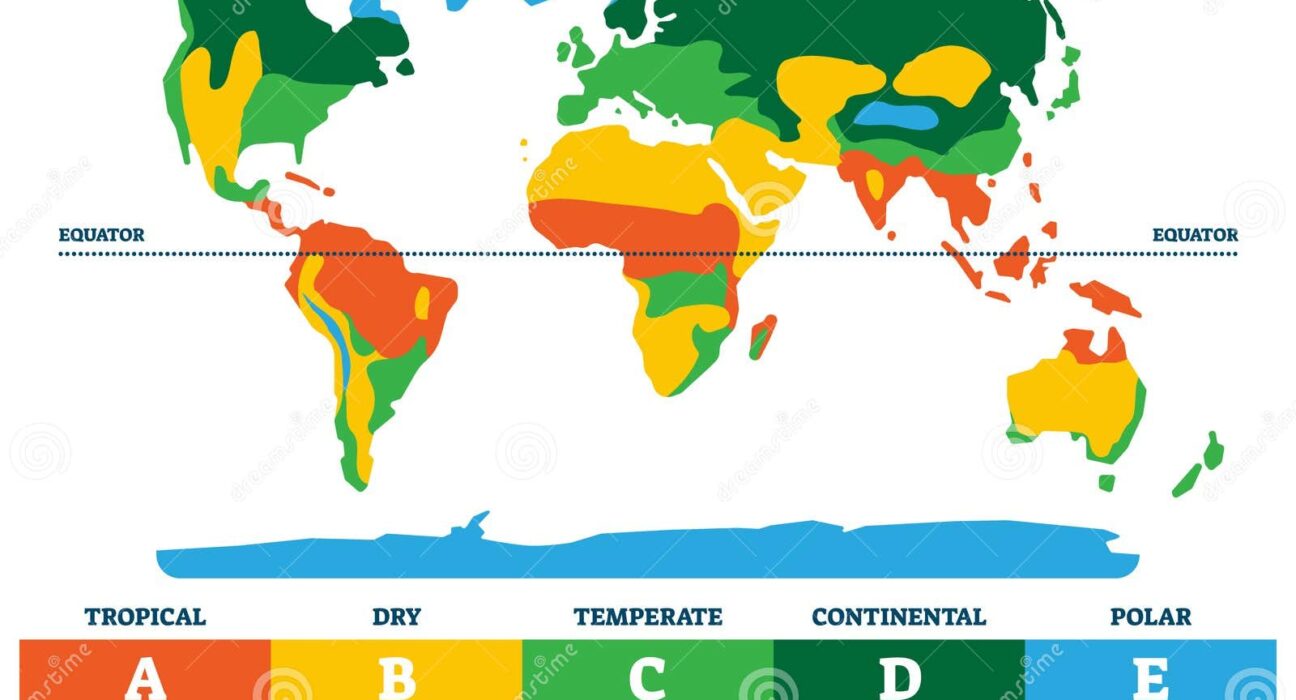Solar panels glistened under the scorching Tucson sun as the world grappled with the aftermath of President Donald Trump’s ambitious energy bill. The ‘big beautiful bill,’ as it was dubbed, bore implications far beyond its promising name.
In the heart of Arizona, where innovation and sustainability met, there loomed a shadow cast by budget cuts that threatened to shake the very foundation of clean energy initiatives. As experts crunched numbers and analyzed data, a stark reality emerged – billions of additional tonnes of CO2 could darken the skies over the next decade.
The United States, already lagging in its commitment to slash emissions by 50% before 2030 under the Paris Agreement, now faced a daunting setback. This setback meant veering farther off course from its climate responsibilities. David Widawsky from the World Resources Institute succinctly captured this predicament:
“While other countries are benefiting from accelerated investment in the clean energy economy, the US is taking a step backwards.”
The global spotlight shifted towards America, the second-largest emitter worldwide behind China. With each cut in clean energy spending, whispers turned into roars of concern across boardrooms and environmental organizations alike. The ripples were felt not just within American borders but reverberated globally.
As news spread like wildfire through social media feeds and news outlets, questions lingered in minds worldwide. How would this decision impact our shared environment? What consequences awaited future generations if emissions continued unchecked?
Experts weighed in with somber predictions and calls for urgent action. Dr. Sarah Greenfield, renowned climatologist at Cambridge University, emphasized the interconnectedness of nations when it comes to combating climate change:
“Every decision made by major emitters like the US sends shockwaves through our atmosphere. We must act collectively to mitigate these effects.”
Communities rallied together, fueled by a collective sense of responsibility towards safeguarding our planet for posterity. From grassroots movements to international collaborations, voices united in demanding accountability and sustainable solutions.
In this unfolding saga of policy choices and environmental repercussions, one thing remained clear – every action carried ripple effects that transcended borders and ideologies alike. The fate of our climate rested not solely on policies but on individual choices echoing through time.
The bill signed amidst fireworks on July 4th symbolized more than just political maneuvers; it signaled a critical juncture in humanity’s battle against climate change. As we navigate uncertain terrain ahead, one truth resonates – our actions today shape tomorrow’s reality for all living beings sharing this pale blue dot called Earth.

